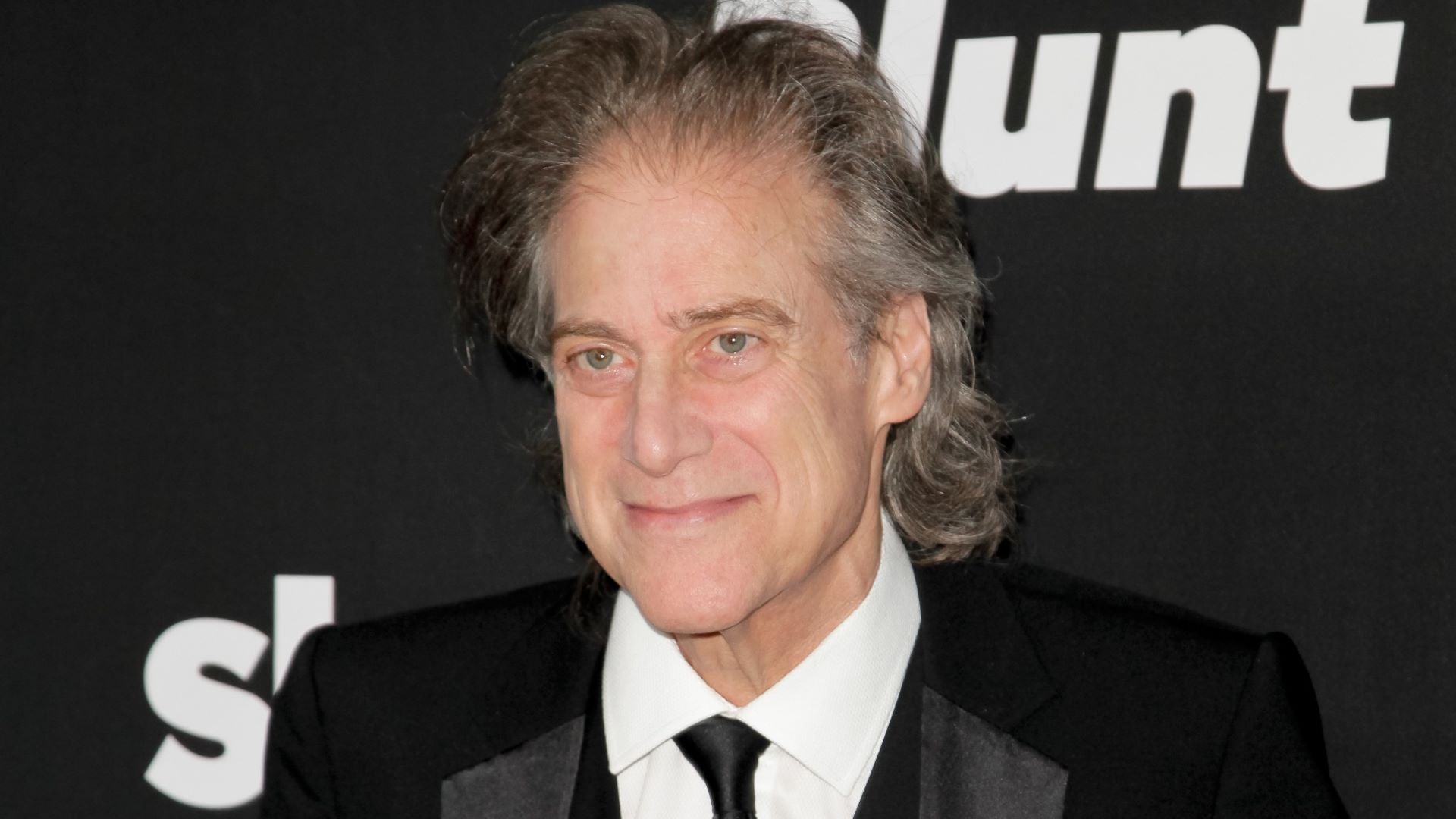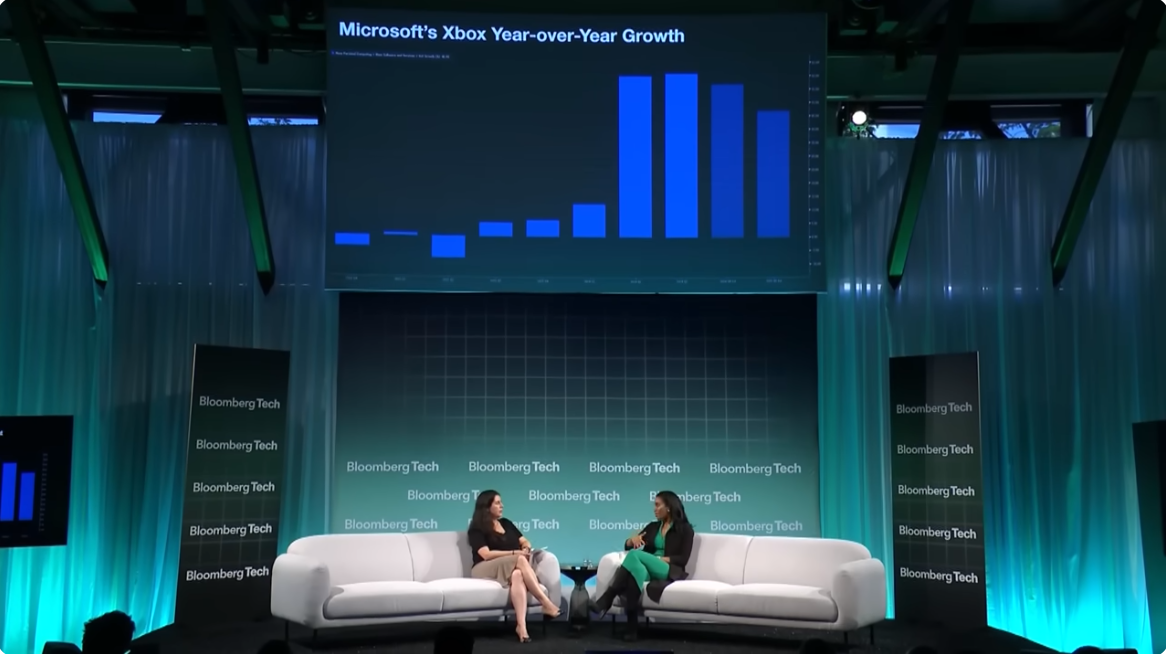Project Greenlight: A New Generation and Gray Matter are now streaming on Max
Project Greenlight – the long-running docuseries centered on giving budding directors a chance to make a micro-budget film – has always had so much potential. Unfortunately, the end product is often lousy. After two decades of trying to get it right – including the newest reboot, which premiered July 13 on Max – it’s crystal clear that the intention of counseling a filmmaker and creating a compelling docuseries are at cross-purposes. Project Greenlight: A New Generation quickly devolves into the frustrating experience of witnessing a young director get let down over and over again by Hollywood production executives who give a lot of lip service to mentorship but are almost comically blind to their communication and problem-solving blindspots.
Previous seasons all suffered from variations on the same problem: male directors sandbagged by their creative obstinance. A woman has never before directed a Project Greenlight movie, something A New Generation remedies by focusing on cultivating female talent behind the camera – a demographic that is consistently and quantifiably denied the opportunities afforded to men in Hollywood. So, hurrah to Max and Issa Rae’s HOORAE, Alfred Street Industries, 3 Arts Entertainment, and Miramax Television for addressing that inequity. It’s a fresh angle that immediately invigorates Project Greenlight.
The entertaining premiere introduces audiences to the new series mentors: Rae, Kumail Nanjiani, and Gina Prince-Bythewood, who’ve each experienced the DIY-to-studio-big-time arc that producers would ostensibly like to reproduce on Project Greenlight. Together with a panel of execs, they discuss on camera how to whittle down a huge list of filmmakers to their 10 curated finalists. However, unlike previous seasons, the script that will be produced this season is a “complete,” separately commissioned sci-fi story, Gray Matter, by professional screenwriter Philip Gelatt (Love, Death & Robots). Altogether great choices and great changes. But all of that potential quickly goes downhill after the selection of short-film director and award-winning trailer editor Meko Winbush.
A soft-spoken, self-professed geek, Winbush blows away the panel with her five-minute, self-produced interpretation of a scene from Gray Matter. However, her in-person pitch is reticent and less polished than some of her peers. They go with their gut in selecting the best filmmaker, and Winbush is the winner. And then they immediately clash with her more restrained reactions to the overwhelming pile of responsibilities involved in directing a feature film.
Winbush asks over and over again to shadow or train with producers, directors, and department heads so she can learn. In return, the edit chronically portrays her as the “villain” of the project because she’s an interior thinker and not an immediate production savant. Is this “buyer’s remorse” over Winbush validating the panel’s initial concerns, or is it reality television shenanigans? Either way, it makes the executives and the mentors come off poorly in a final edit they’re ultimately responsible for. It’s a real head-shaker.
It doesn’t get better as the season progresses. Winbush is constantly second-guessed by the execs, especially HOORAE producers Montrel McKay and Sara Rastogi. They bristle at the camera about her calm but measured methods. They project a surprising “mean girls” approach to Winbush that doesn't match the spirit of this season’s mandate. To make it worse, by the second episode, the mentors have skedaddled to their jobs on other films and shows. It’s an epic bait-and-switch for Winbush and the audience, who will only get intermittent Facetime calls or a fleeting meeting here and there with Rae, Nanjiani, or Prince-Bythewood.
That leaves Winbush to navigate a gaggle of execs who repeat “it’s your vision” so much that viewers should make it a drinking game. She’s given a ridiculously compressed seven weeks of pre-production time to hire all of her heads of department, figure out the cast, choose locations, and also rewrite the script. But wait: Didn’t they fix that pickle by hiring a professional screenwriter? As it turns out, Winbush mentions in the audition process that she’s a writer-director, so suddenly it becomes her responsibility to address nebulous studio and exec notes alongside Gelatt… in a week. If you question why WGA writers are on the picket lines, you get a microcosm here of their turmoil with regard to the on-demand attitudes flung from all the executives on Project Greenlight: A New Generation. It’s maddening to watch because it’s stated up front that this season is about mentoring a director, yet Winbush is tied up in hours upon hours of uncredited screenwriting work. We see her easygoing countenance wilt more and more every episode, for no good reason, except that it makes for conflict-oriented television.
However, it does make for one of the best episodes of the season when the execs are rightly confronted by Winbush’s sympathetic CatchLight Studios producers, Jeanette Volturno and Yolanda T. Cochran. Let’s just say the pearl clutching-reaction is dramatic. It reinforces that this season is bogged down by an abundance of poor creative communication, obnoxious executive self-aggrandizing, and a real absence of useful, day-to-day mentoring. It’s telling that when the three celeb mentors do pop up, they all come across as impressed by Winbush, with only moderate concern about her tendency to internalize her decision-making process – a tendency the other execs can’t stand.
With the copious amount of footage and interviews captured by the Project Greenlight production team – as evidenced by their disruptive presence everywhere in production – there’s enough material for at least five different versions of this season. Which makes it even more frustrating that Max and the executives committed to a manufactured narrative that is not affirming, supportive, or inspiring for general audiences or future filmmakers.
The series culminates in an extremely messy finale episode that just skims over how Gray Matter got to locked cut status. At one point, Rae says the movie can’t fail because it would reflect poorly on HOORAE, which is hilariously ironic in clarifying just where the director fits into this circus. Credit to Winbush, who doggedly throws her shoulders into the proverbial headwinds all season long and in the end, acquits herself as the competent, humble hero of the piece who hopefully goes on to bigger and better things.




